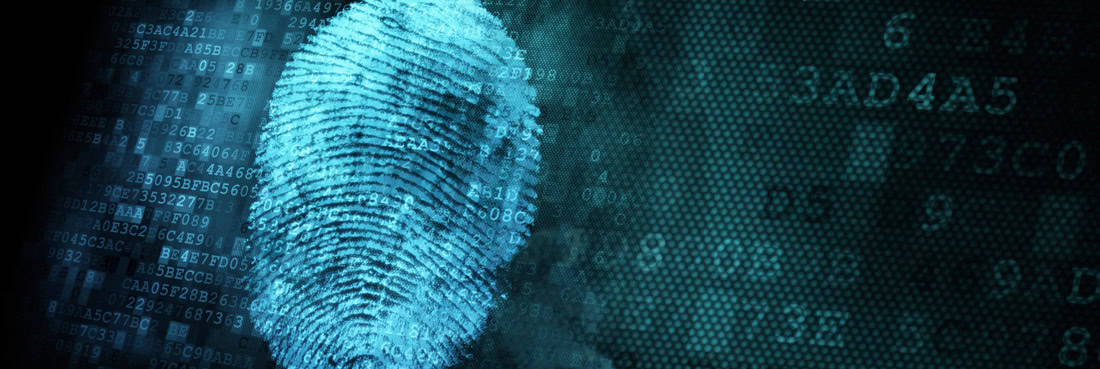Secrecy of the Ballot
The secrecy of the ballot is one of the most common voting methods used. A secret ballot provides anonymity for the electorate, thereby preventing or at least minimizing the influence third parties can have over the electorate. Learn more about the secrecy of the ballot and why it matters below.
Adoption of Ballot Secrecy
The secrecy of the ballot is aimed at ensuring that a vote is anonymous and cannot be traced back to the person who cast it. Election fraud such as intimidation, blackmailing and vote buying are all significantly easier to commit when the perpetrator can see exactly who has voted for what (or whom).
Ballot secrecy began to gain popularity in the 19th century. The United Kingdom adopted it in 1872 with the Ballot Act, while Canada soon followed suit using secret ballots in a general election in 1878 for the first time. On the other side of the border, the US relied heavily on the legislation of individual states. Most states had adopted secret ballots by 1884. South Carolina, however, adopted secret ballots in 1950 when paper voting was first introduced.
In the United Kingdom, the ballot papers themselves are not “secret”. Each ballot paper has a counterfoil, which is then taken by the election volunteers and the number of the ballot paper is taken down. While this measure is taken to help in the event of allegations of fraud, unscrupulous election officials do have an opportunity to violate the secrecy of the ballot.
Can alternatives to secrecy work?
On an international level, the secrecy of the ballot is upheld in various international treaties and agreements. The most famous of these treaties is the Universal Declaration of Human Rights (UDHR). The UDHR states that elections should be held by “secret vote or equivalent free voting procedures.”
Alternatively, as with many unions and cooperatives, voting takes place at annual general meetings. With voters present, it is often easier to simply vote via acclamation. This process is, however, inaccurate, although for majority-only decisions it suffices in many cases.
Some institutions also wish to have their member’s voting preferences known. This style of open voting can only truly work if the elections are completely free. Voters must not be able to be intimidated or blackmailed into voting a certain way. This system is often implemented when members elect representatives (or when citizens elect their representatives or MPs) and there is a need for transparency – and accountability.
Ensure complete ballot secrecy with online elections
Not only can switching to online voting help save money as well as the environment – it can help increase the security and accuracy of an election.
Our elections are all set up to ensure voter secrecy. Eligible voters are verified online using randomly generated log in credentials that become invalid once they have checked and sent their ballot to the digital ballot box – much like a traditional election.
By logging into the voting platform, access data is converted into a “token”. This token is then used to cast votes and is deleted irrevocably once the votes have been counted within the ballot box. This ensures that votes cannot be traced back to an individual voter but individual voters may be verified as eligible to vote.
We also offer combined voting procedures including live voting, postal and in person voting. POLYAS can handle all of your election needs – from start to finish. Request a quote today!




